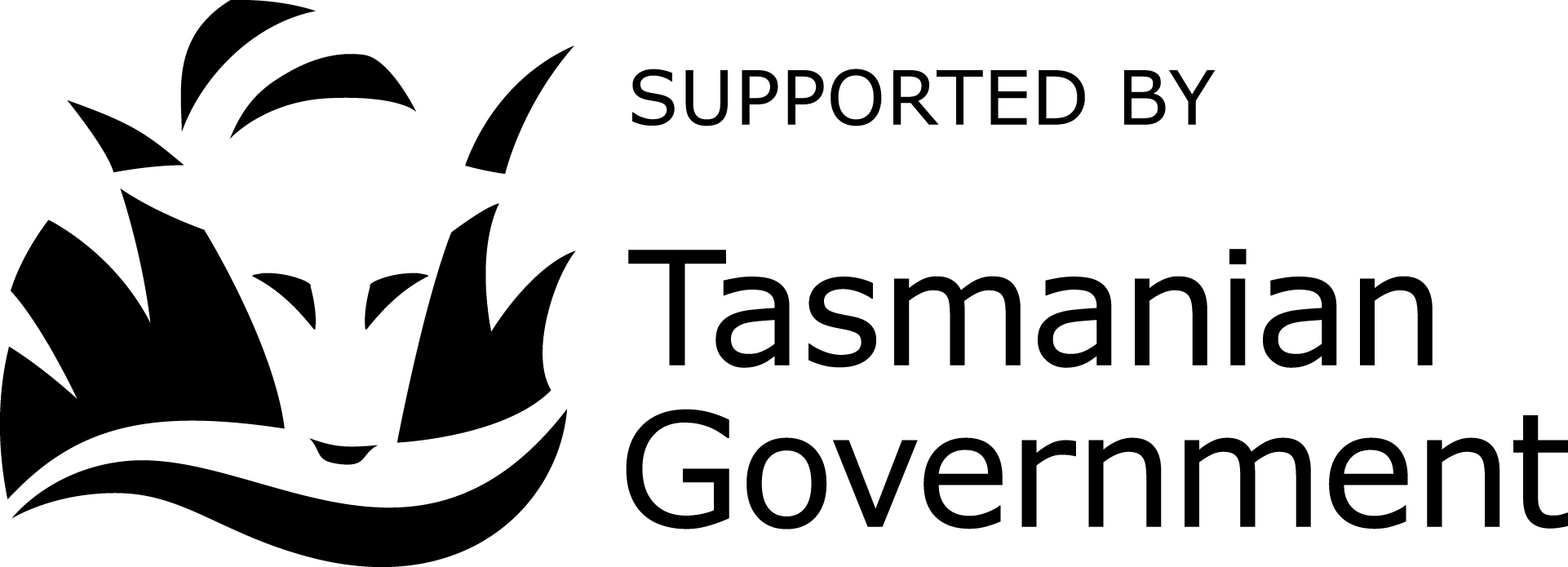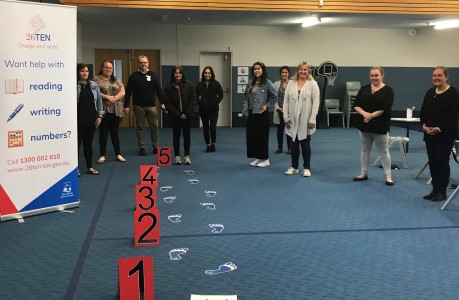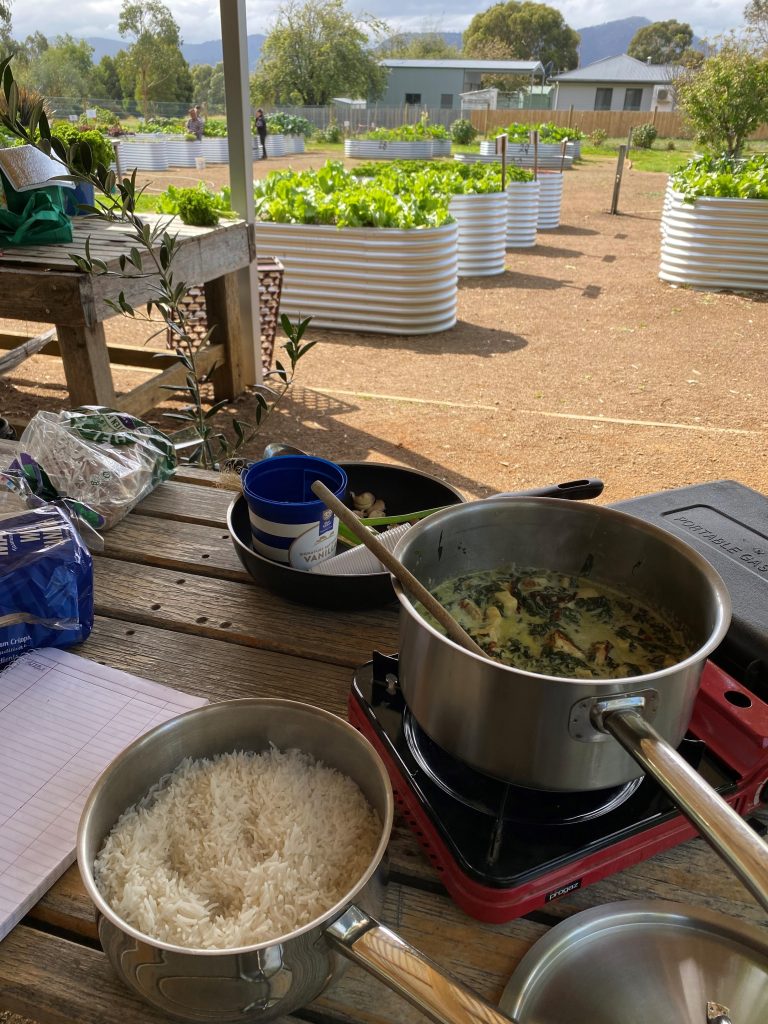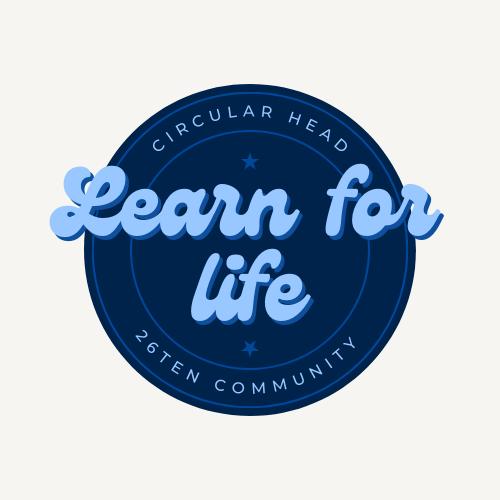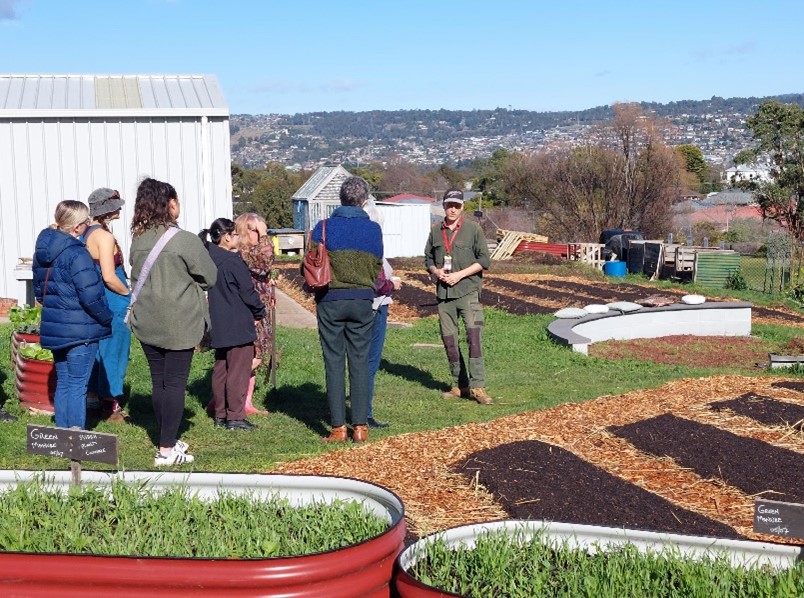Local literacy for work & life
The program, 26Ten Communities: local literacy for work and life, aims to transform communities into places where everyone is supported to gain the literacy and numeracy skills they need for everyday life and work. Places where everyone understands why people might need a little help with their reading, writing or maths and know where help is available. They are places where everyone has the confidence to continue learning, and understands this benefits not only adult learners, but their families, communities and our State.
Five communities around Tasmania
26Ten funds five communities across Tasmania to raise understanding of literacy issues and to build skills in reading, writing and everyday maths.
The communities are heading in to their fourth year of funding, except Circular Head which is in its first.
The five 26Ten communities are:
- Glenorchy – Building a 26Ten Community, hosted by the Glenorchy City Council
- Clarence Plains, Rokeby and Clarendon Vale – Parents, Families and Carers – Learning for our Kids, hosted by the Hobart City Mission
- Launceston Northern Suburbs – 26Ten Hub, hosted by Starting Point Neighbourhood House and Newnham Community Centre
- Huon Valley – Huon 26Ten Community, hosted by the Geeveston Community Centre.
- Circular Head – Learn for Life community, hosted by Circular Head Council.
The communities are each led by a coordinator who works with businesses, services, adult literacy tutors and learners as part of a collective impact approach to embed a culture of learning that will continue long past when the project is completed.
Community coordinators also build the local 26Ten network including businesses, community groups, government agencies, education and training providers and volunteer tutors that assist local adults with literacy and numeracy.
26Ten communities raise awareness through events and social media, building membership, training volunteer tutors, assisting local businesses with employer grants and matching adult learners with a suitable volunteer tutor.
Time and collective effort are critical to reducing barriers to learning
Each 26Ten community takes time to become known and trusted. Before each community project is funded it has the support of key local organisations, such as local councils, community houses and businesses. Support from Government entities such as local libraries and Child and Family Learning Centres is also critical. They can make a difference in people’s lives by offering meaningful activities and tutoring. Time is critical in this process which is why each community is funded for 4-5 years.
Projects begin with the 26Ten Community Coordinator building trust. For example, the coordinator may offer free activities such as cooking classes where they support participants to read recipes and measure ingredients. They work with local businesses and services to ensure they understand when and how to refer others for help. They promote plain English workshops so that service providers learn to write better forms and clearer information. Being there over time allows good results to become evident and for word-of-mouth to take its course.

